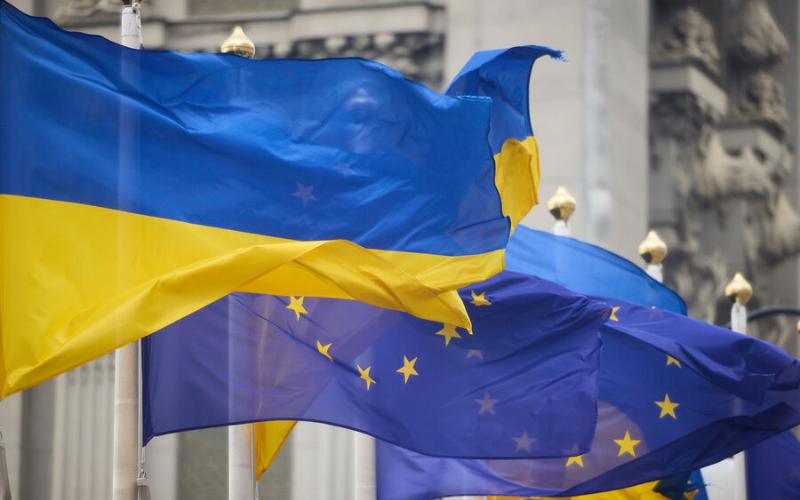Europe Tightens the Drawbridge: Brussels to Reimpose Tariffs on Ukrainian Agriculture

According to reports fr om the Financial Times, citing EU sources, the bloc intends to significantly raise tariffs on sel ect Ukrainian exports starting in June 2025, with maize, sugar, honey, and poultry topping the list. The move marks a dramatic departure fr om the zero-tariff regime introduced in June 2022, when the EU suspended all duties and quotas on Ukrainian goods to bolster the country’s war-ravaged economy and maintain global supply chains.
That exemption expires on June 5, and Brussels has opted not to renew it. Ukrainian officials warn the decision could slash national export earnings by €3.5 billion annually, dealing a blow to an economy already under strain.
From Solidarity to Safeguards
The free trade agreement between the EU and Ukraine has been in effect since 2016, but it included a tiered system of tariffs and quotas. The post-invasion suspension of duties represented a rare alignment of geopolitical altruism and economic expediency: Ukrainian grain and poultry were rerouted through Europe toward African and Asian markets, alleviating global food insecurity while giving Ukraine vital revenue.
But that goodwill has met its political lim it. Farmers from Poland, France, and other EU member states have taken to the streets in protest, blaming Ukrainian imports for depressed domestic prices and demanding protective measures. For governments facing populist pressures and elections, agricultural diplomacy now has hard borders.
In many ways, this is a story not just about Ukraine, but about the EU itself—its struggle to balance geopolitical intent with internal cohesion, its tensions between east and west, and its limits as a market-based security actor.
The Political Cost of Compassion
The tariff rollback is likely to test the EU’s reputation as Ukraine’s steadfast economic partner. While military and financial support continues, the erosion of trade preferences raises uncomfortable questions in Kyiv about the depth of European commitment.
Critics argue the decision undermines Ukraine’s path toward EU integration. Defenders, particularly in Brussels, say it reflects a necessary recalibration, not a retreat. “The aim was to help Ukraine, not harm our farmers,” one EU diplomat told the FT—a line that captures the fragile truce between open markets and domestic politics.
In the coming months, expect tighter customs checks, new quotas, and a reassertion of EU agricultural self-interest. What began as an emergency measure now appears to be reverting to form: trade as a tool of leverage, not charity.
And for Ukraine, the message is sobering: Europe may stand with you, but not at any price.









